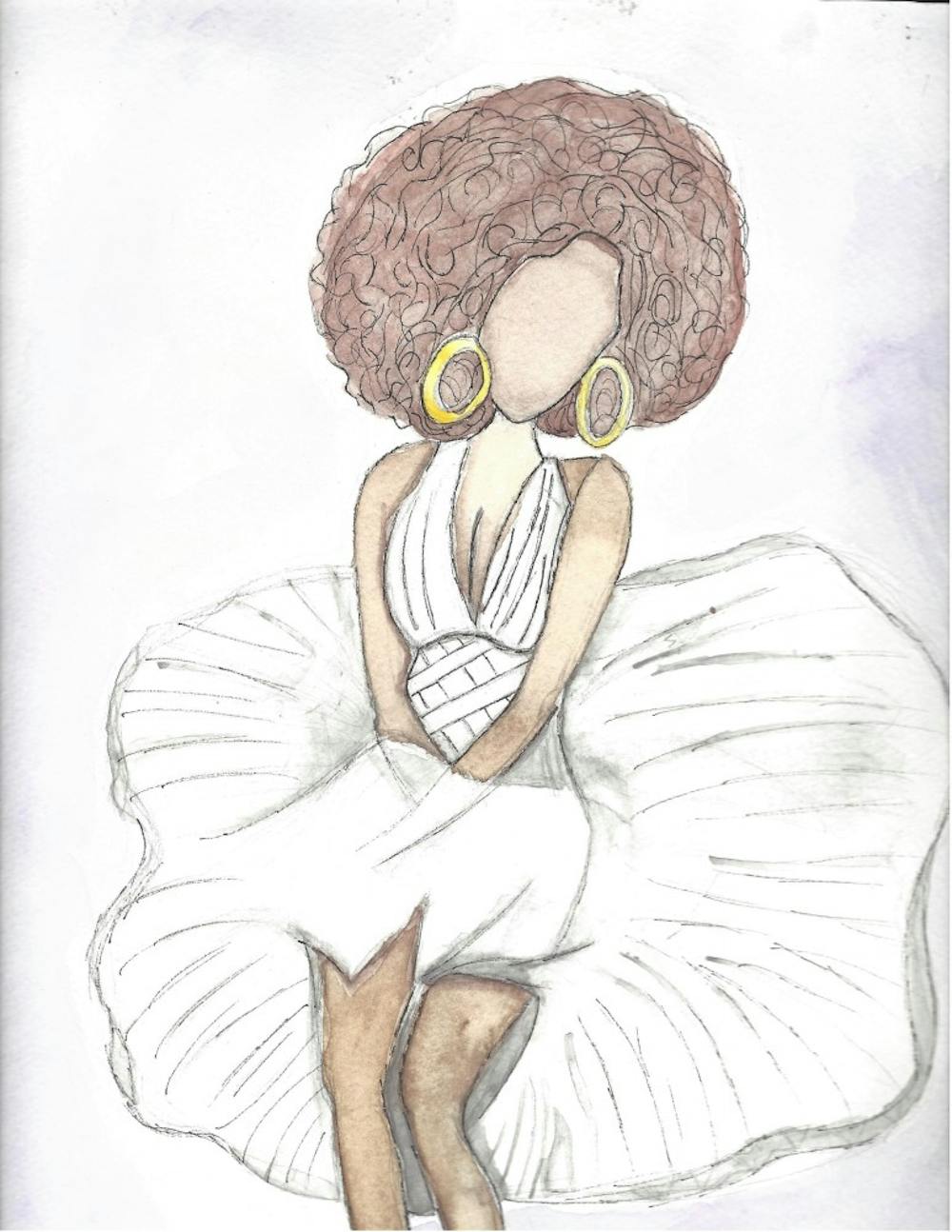Natural hair is something that today’s black community is beginning to embrace and be more comfortable with. Hairstyles, treatments and products for those who live the lifestyle of natural hair are ever more common.
But how can we become completely comfortable if white women are more comfortable wearing “black hairstyles” than we are?
Black people have been mocked by white women and men for having traditional hairstyles of the African people. Policies even shamed us into wanting to change our natural appearances. Girls at the prestigious Pretoria High School for Girls in South Africa, for example, were told to use chemical straighteners. School policy mandated that their cornrows, locs and braids be a centimeter or less in diameter.
But white women have begun to appropriate our style. Mainstream media even credits white celebrities for getting Bantu knots, cornrows, and locs “trending.”
Kylie Jenner and Kim Kardashian headlined for wearing cornrows, a style of narrowly braided hair on the scalp. They rebranded our hairstle as “Boxer Braids” and “Kim Kardashian West (KKW) Signature Braids.”
The Kardashian-Jenner sisters are not the only celebrities who have appropriated black hair. Pretty Little Lairs star, Lucy Hale, posted a photo, Jan. 16, with the caption “My baby hairs came through for this shoot.” Elle UK magazine called “baby hair” the new trend and credited it to Katy Perry.
Jazmine Pickens, an RHS junior, went natural in 2011. She told me that she converted to natural hair because she felt better about herself with it. She has since fallen in love with her natural hair and the plethora of hairstyles that come with it.
But Jazmine has felt frustrated that white women wearing her hairstyles are gaining notoriety for it. She believes the appropriation of black hair has an effect on all girls of color, by distorting what our standard of black beauty should be. This can also create confusion in young girls, when white women who once talked about us are now “trying to be us.”
As people, I think we should be comfortable in our own skin, and hair. Be comfortable with our own traditions. Be unapologetically y/ourselves.



